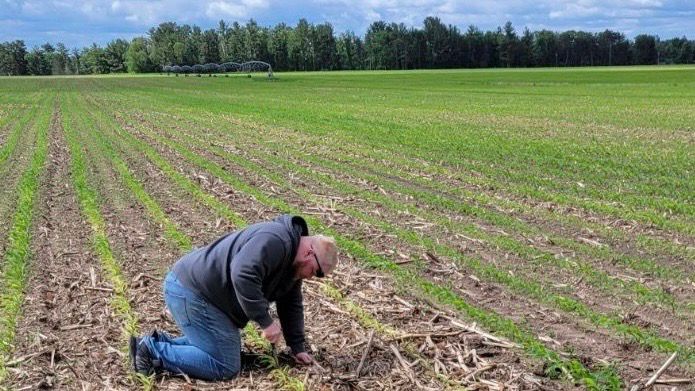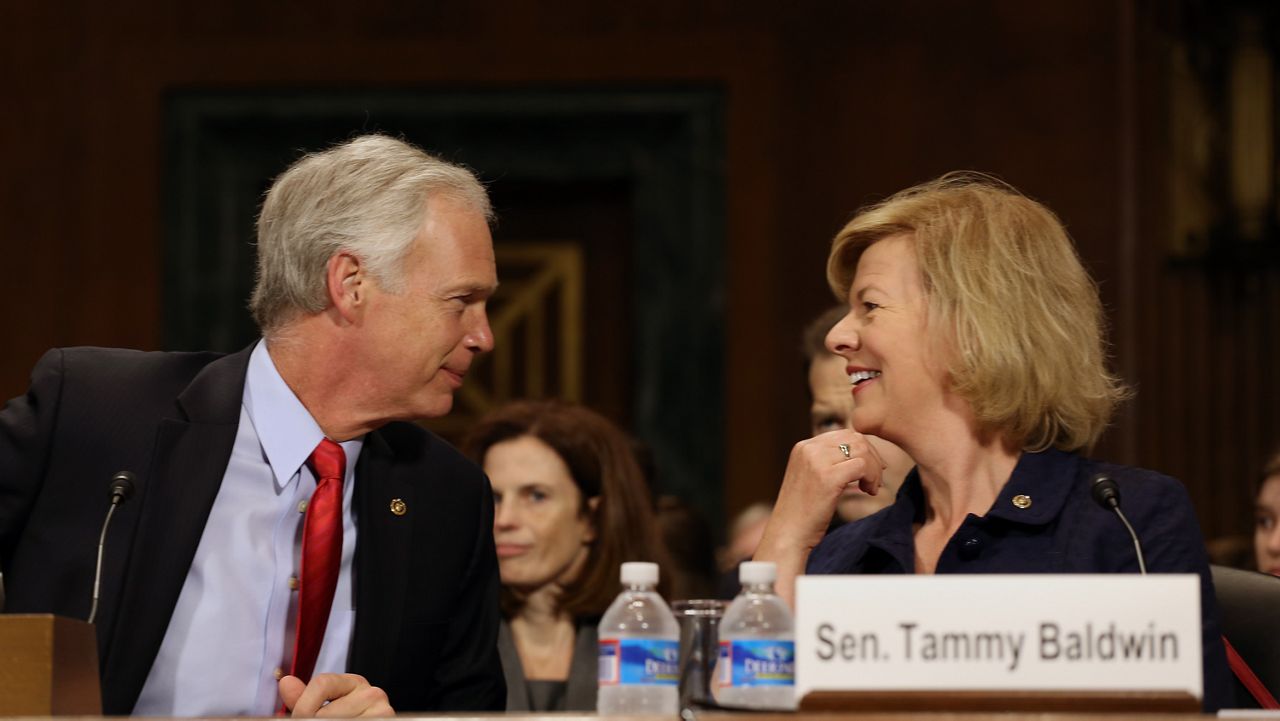WASHINGTON — The House Agriculture Committee took testimony from other members of Congress about what should be in the next Farm Bill, a massive package of agriculture and nutrition programs that must be renewed next year.
Farmers and residents in Wisconsin and across the nation benefit from the Farm Bill and the legislation must be updated every five years.
“Crop insurance and other programs—the milk program—are very important in my region,” Rep. Lloyd Smucker, R-Pennsylvania, told committee members.
This fall, Congress extended the most recent version of the Farm Bill for another year to give lawmakers more time to hash out the details. Members of the House Agriculture Committee, including Wisconsin Congressman Derrick Van Orden, have been listening to constituents and other lawmakers for months about what they want to see in the new legislation.
Tyler Wenzlaff of the Wisconsin Farm Bureau says Wednesday’s hearing gave lawmakers one more chance to tell the committee what more they want.
“This really is the public’s first opportunity to hear from their congressional representatives on what their priorities are and what they’ve been talking about for the last couple of months,” Wenzlaff said. “Wisconsin Farm Bureau expects crop insurance to be maintained. We expect there to be a increase in the dairy margin coverage to cover medium and small farms, to keep pace with Wisconsin’s growing herd size. And we also expect a reform on the dairy pricing.”
Puerto Rico’s delegate to Congress requested that the U.S. territory be included in SNAP, the nutrition assistance program once known as food stamps, which helps low-income families pay for groceries.
“SNAP, on the other hand, will ensure that residents in Puerto Rico, like those living in the 50 states, Washington, D.C., the U.S. Virgin Islands, and Guam, are properly supported when in need of assistance to cover the dietary expenses. SNAP also has built-in tools to bolster the economy, like work requirements,” said Rep. Jenniffer González-Colón, R-Puerto Rico.
The majority of funding in the farm bill goes to SNAP, but some Republicans in Congress have called for cutting SNAP spending and imposing new work requirements for recipients, changes that the Democrat-controlled Senate and President Joe Bidenhave opposed. Wenzlaff said he expects SNAP will stay funded, and another expert does too.
“Republicans say they want this and maybe they do. But if they actually get it, it’s probably going to cut against them in the election cycle of 2024 because it will feed into the democratic trope that they are heartless people,” said Jerald Podair, a professor at Lawrence University.
Wenzlaff said the House version of the Farm Bill appears to be nearly complete, while the Senate is farther behind on its version. Both chambers will have to come to an agreement on the legislation.










